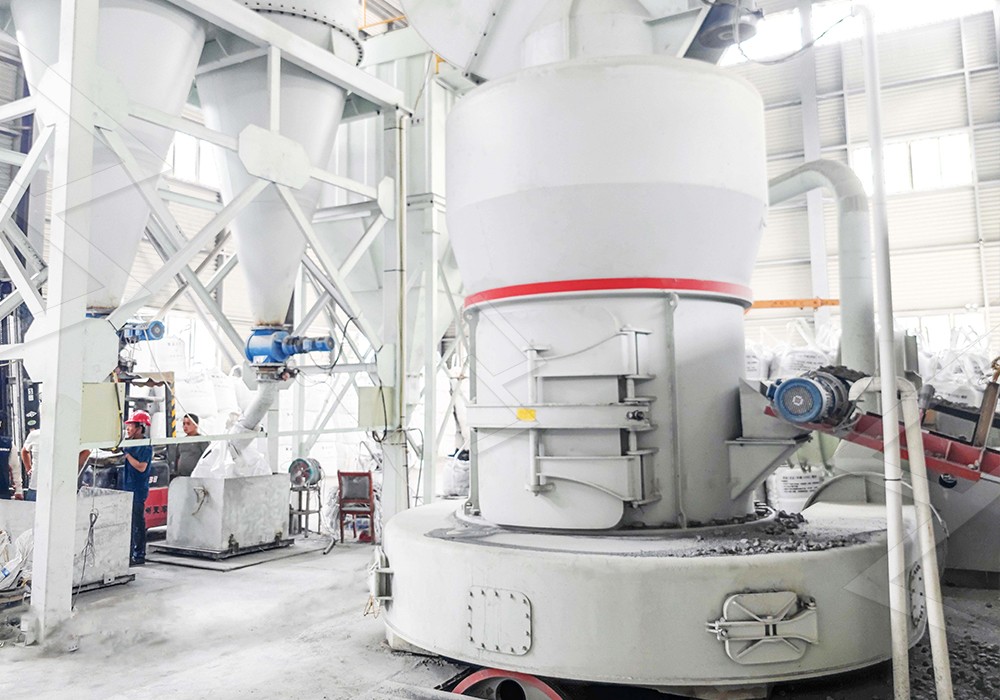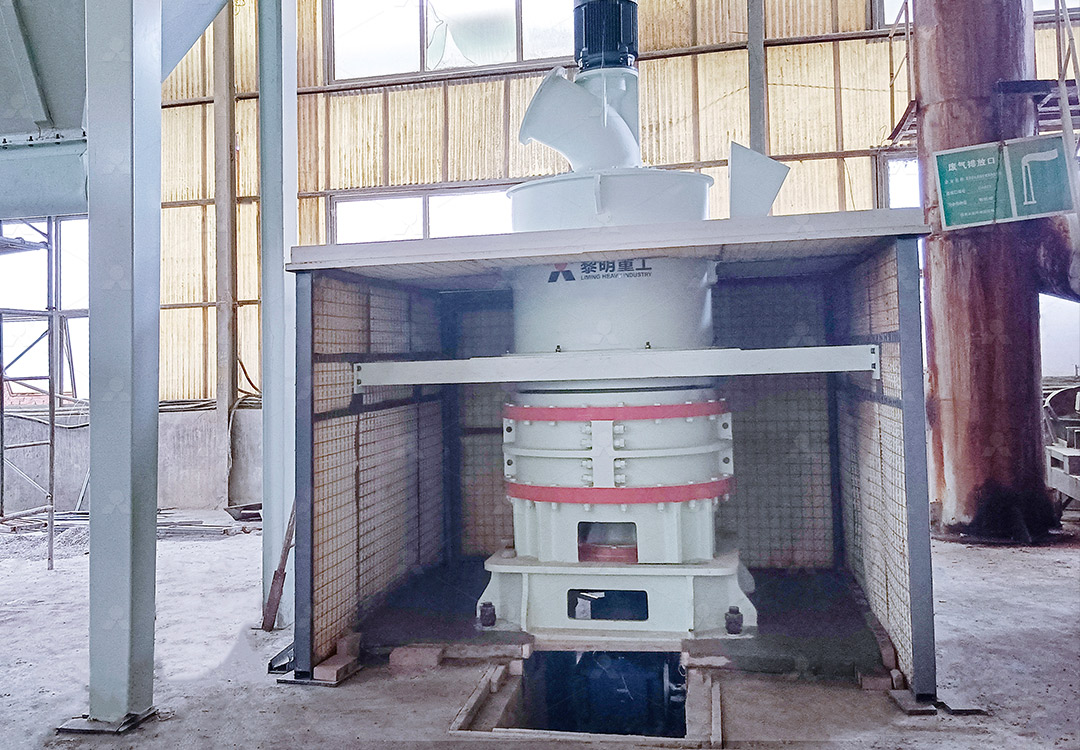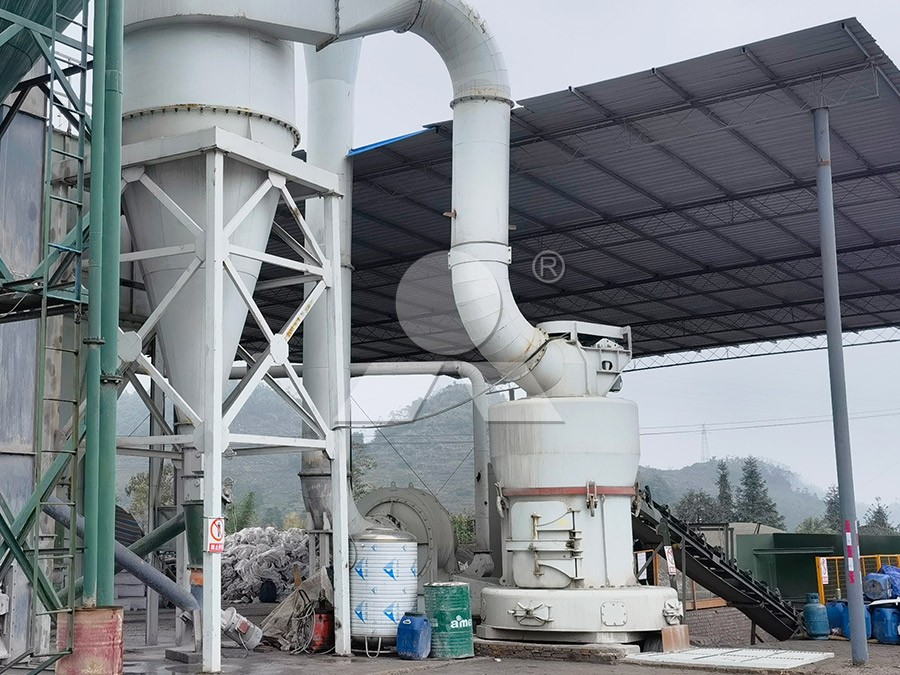700 Mesh Quartz Grinding Mill: A Comprehensive Guide
We provide a wide range of mills — including Raymond mill, trapezoidal mill, vertical mill, ultrafine mill, and ball mill, obtained ISO9001 international quality certification, EU CE certification, and Customs Union CU-TR certification. Suitable for processing minerals such as limestone, phosphate, quicklime, kaolin, talc, barite, bentonite, calcium carbonate, dolomite, coal, gypsum, clay, carbon black, slag, cement raw materials, cement clinker, and more.
The discharge range of these mills can be adjusted to meet specific processing needs, typically from 80-400 mesh, 600-3250 mesh, and can achieve the finest particle size of up to 6000 mesh(D50).
If you are looking for a reliable grinding solution to turn stone or minerals into fine powder, please feel free to contact our online customer service.
Understanding the Challenges of Ultra-Fine Quartz Grinding
Quartz grinding to 700 mesh presents unique challenges that demand specialized equipment and expertise. Achieving consistent particle size distribution while maintaining production efficiency requires mills specifically engineered for ultra-fine powder processing. The transformation of quartz from raw mineral to precisely graded powder involves careful consideration of grinding mechanics, energy consumption, and final product quality.

Key Considerations for 700 Mesh Quartz Production
When targeting 700 mesh fineness, several factors become critical: grinding efficiency, energy consumption, wear resistance, and environmental compliance. Traditional grinding mills often struggle with the hardness of quartz (7 on the Mohs scale) and the precision required for consistent ultra-fine output. The ideal solution must balance production capacity with operational costs while ensuring the chemical purity of the final product remains uncompromised.
Advanced Grinding Solutions for Precision Applications
Modern grinding technology has evolved significantly to meet the demanding requirements of ultra-fine quartz processing. Among the most effective solutions for achieving 700 mesh consistency is the MW Ultrafine Grinding Mill, which represents a breakthrough in fine powder production technology.
MW Ultrafine Grinding Mill: Engineered for Excellence
Specifically designed for customers requiring ultra-fine powder, the MW Ultrafine Grinding Mill handles input sizes of 0-20 mm with capacities ranging from 0.5 to 25 tph. What sets this system apart is its innovative approach to common grinding challenges. The absence of rolling bearings and screws in the grinding chamber eliminates concerns about bearing damage or loose screws causing operational failures. This design choice significantly enhances reliability and reduces maintenance requirements.

The mill’s cage-type powder selector, incorporating German technology, ensures precise powder separation with adjustable fineness between 325-2500 meshes. This flexibility allows operators to fine-tune the system for specific application requirements. For quartz processing targeting exactly 700 mesh, this precision is invaluable. The multi-head cage-type powder selector can be configured according to specific yield, fineness, and sieving rate requirements, achieving screening rates of d97≤5μm in a single pass.
Operational Efficiency and Environmental Compliance
Beyond technical specifications, the MW Ultrafine Grinding Mill addresses broader operational concerns. The integrated efficient pulse dust collector and muffler system effectively controls both dust and noise pollution, ensuring compliance with stringent environmental standards. The external lubrication system permits maintenance without shutdown, supporting continuous 24-hour production cycles that are essential for cost-effective operations.
Comparative Advantage in Quartz Grinding
When evaluating grinding solutions for 700 mesh quartz production, the energy efficiency of the MW Ultrafine Grinding Mill provides a significant competitive advantage. The newly designed grinding curves of the grinding roller and ring enhance grinding efficiency, delivering production capacity 40% higher than jet grinding mills and stirred grinding mills at equivalent fineness and power consumption. Compared to traditional ball grinding mills, the yield is doubled while system energy consumption is reduced to just 30% of jet grinding mill requirements.

Frequently Asked Questions
What makes quartz grinding to 700 mesh particularly challenging?
Quartz’s hardness (7 Mohs) requires substantial grinding energy, while the ultra-fine target demands precise particle control. Conventional mills often experience excessive wear and inconsistent results at this fineness level.
How does the MW Ultrafine Grinding Mill address wear concerns with abrasive materials like quartz?
The mill’s innovative design eliminates rolling bearings and screws from the grinding chamber, removing common failure points. The grinding components utilize wear-resistant materials specifically selected for abrasive applications.
What production capacity can I expect when grinding quartz to 700 mesh?
The MW Ultrafine Grinding Mill delivers capacities from 0.5 to 25 tph depending on specific configuration and quartz characteristics. Most operations achieve optimal efficiency in the 3-15 tph range for 700 mesh production.
How does the mill ensure consistent particle size distribution?
The German-engineered cage-type powder selector provides precise classification, while the optimized grinding curve design maintains consistent grinding action across the entire chamber.
What environmental considerations are addressed in the design?
The integrated pulse dust collector ensures no dust pollution, while silencers and noise elimination rooms reduce operational noise, maintaining full compliance with environmental standards.
